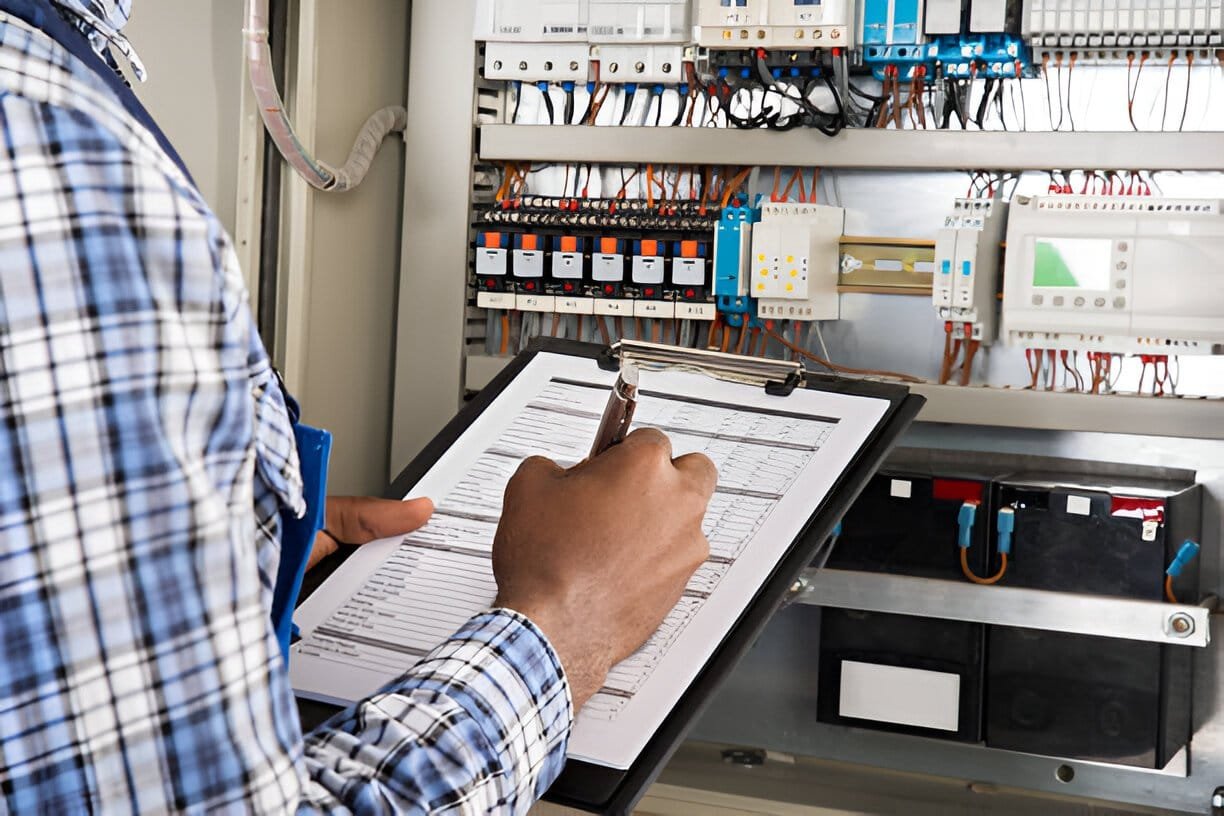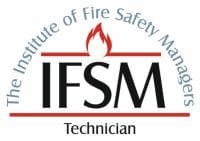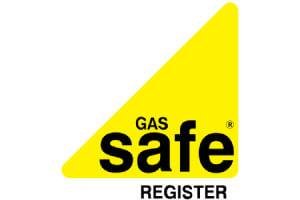
Understanding EICR certificate legal requirements plays a key role in ensuring electrical safety for property owners in the UK. It’s essential to understand the legal obligations related to it, particularly for landlords with specific responsibilities. Although homeowners are not legally obliged to get an EICR, they should recognise the risks of neglecting electrical safety. Non-compliance may result in severe consequences. What key information do property owners need to follow these safety regulations?
Key Takeaways
- Landlords must obtain an EICR for their rental properties at least once every five years to comply with electrical safety regulations.
- Homeowners are not legally obligated to obtain an EICR; however, regular inspections are highly advised for safety reasons.
- Failure to obtain an EICR may lead to fines, legal proceedings, and restrictions on renting out the property.
- EICRs must be performed by qualified electricians to guarantee adherence to safety standards and regulations.
- Keeping detailed records of EICRs is essential for proving compliance and protecting against potential tenant claims.
What is an EICR Certificate, and why does it matter?
An EICR certificate, also known as an Electrical Installation Condition Report, is the fundamental document for property owners in the UK, confirming that electrical systems are safe and meet regulatory standards.
This report is based on a detailed inspection of a property’s electrical systems, reviewing their condition and checking for hazards. An EICR covers multiple elements such as wiring, circuit integrity, and earthing to confirm they comply with current safety regulations.
An EICR certificate is significant not just for protecting occupants from electrical hazards but also for preserving the property’s value and insurability.
Regular assessments, typically recommended every three to five years, help prevent electrical failures and enhance safety in both residential and commercial properties.
Who is legally required to have an EICR Certificate in the UK?
In the UK, property owners are required to comply with specific legal requirements regarding EICR certificates, particularly for rental and commercial properties.
Landlords are required to secure an EICR to verify that their properties comply with electrical safety standards. This requirement applies to residential properties where tenants live, regardless of the tenancy duration.
Commercial property owners must adhere to electrical safety regulations, although these requirements can vary depending on the type of establishment.
Furthermore, properties undergoing major renovations may require an EICR to verify compliance with safety standards.
Ultimately, property owners must know who is legally responsible for obtaining an EICR to maintain safety and avoid legal complications.
Compliance not only safeguards tenants but also maintains the property’s integrity and value.
EICR Certificate Legal Requirement for Landlords
Landlords in the UK must obtain an Electrical Installation Condition Report (EICR) for their rental properties to ensure they comply with safety standards.
This requirement ensures that electrical systems are both safe and operational, thereby protecting tenants from potential risks.
A qualified electrician is required to perform the EICR, which must be renewed every five years or sooner if substantial electrical modifications are made to the system.
Failure to obtain an EICR can lead to legal consequences, including fines and restrictions on renting out the property. Landlords should keep thorough records of the EICR to show compliance and uphold safety standards, ultimately creating a safe living environment for tenants.

EICR Certificate Legal Requirement for Homeowners
Although UK homeowners are not legally obliged to get an Electrical Installation Condition Report (EICR), it is strongly advised to ensure electrical safety.
An EICR assesses the condition of electrical installations to verify they comply with current safety standards. Routine inspections identify unsafe conditions, including faulty wiring or outdated systems, which can lead to electrical fires or shocks.
Furthermore, having an EICR can increase property value and show a commitment to safety. Homeowners might also discover that some insurance providers require an EICR for coverage. Therefore, while not compulsory, obtaining an EICR is a sensible step towards ensuring a safe living environment.
Are EICRs Mandatory for Homeowners or Businesses?
Are EICRs genuinely required for homeowners and businesses in the UK? The requirement varies depending on the particular circumstances.
Although there is no legal requirement for homeowners to obtain an Electrical Installation Condition Report (EICR) certificate, it is strongly advised for safety and insurance reasons.
Landlords must obtain an EICR for rental properties at least every five years, as mandated by the Electrical Safety Standards in the Private Rented Sector (England) Regulations 2020. In the commercial sector, businesses must ensure their electrical installations are safe, which often involves conducting an EICR.
Consequently, although not always compulsory, EICRs are necessary for maintaining electrical safety in different types of properties across the UK.
How Often Should You Renew an EICR Certificate?
The interval for renewing an Electrical Installation Condition Report (EICR) mainly varies based on the property’s type and how it is used. Generally, residential properties should have their EICR renewed every ten years, while commercial properties may require renewal every three to five years. Additionally, rental properties require an EICR every five years or at the change of tenancy.
| Property Type | Recommended Renewal Period |
|---|---|
| Residential | Every 10 years |
| Commercial | Every 3-5 years |
| Rental | Every 5 years |
| Industrial | Every 3 years |
Property owners should evaluate their situations and consult a qualified electrician to ensure compliance with safety standards. Regular updates are essential for ensuring electrical safety and optimal efficiency.
What Are the Consequences of Failing to Meet EICR Legal Requirements?
Non-compliance with EICR certificate legal requirements can result in severe consequences for property owners, including fines and legal penalties.
UK law requires landlords to keep their properties electrically safe; failure to do so may lead to penalties from local authorities.
Additionally, property owners may face civil claims from tenants if injuries occur due to electrical threats. In severe cases, non-compliance may lead to eviction notices or restrictions on property use.
Therefore, property owners must stay updated and comply with the legal requirement of the EICR certificate to prevent these harmful consequences. Guaranteeing compliance not only protects finances but also enhances tenant safety and satisfaction.

Understanding EICR Results and Recommended Actions
How can property owners effectively interpret EICR results and determine suitable actions? Understanding the EICR legal requirement is essential for guaranteeing electrical safety.
The report typically includes classifications such as ‘Satisfactory’, ‘Unsatisfactory’, or ‘Caution’. An ‘Unsatisfactory’ rating indicates immediate action is required, often involving repairs or upgrades to the electrical system.
Conversely, a ‘Satisfactory’ rating indicates compliance; however, property owners should remain vigilant with regular inspections. If ‘Caution’ is noted, it points to potential issues that may require attention.
Property owners should seek advice from qualified electricians to address issues and prioritise safety. Maintaining records of EICR results and related actions is crucial for ongoing safety and compliance.
How to Obtain a Compliant EICR Certificate in the UK
Understanding the EICR certificate legal requirement in the UK involves a systematic process that ensures electrical safety standards are satisfied.
Start by hiring a qualified and certified electrician to conduct the inspection. This expert will evaluate the electrical system of the property, looking for faults or danger.
After the inspection, the electrician will provide a detailed report highlighting any necessary repairs or improvements. Property owners must resolve these issues to ensure compliance.
Once the necessary work is finished, a re-inspection is usually needed to ensure the electrical system meets safety standards. Once all conditions are met, the electrician will issue a compliant EICR certificate, which is essential for ensuring legal compliance and tenant safety.
Frequently asked questions.
Conclusion
In conclusion, grasping the legal requirements of the EICR certificate is essential for property owners in the UK, especially landlords. While homeowners are not required to obtain one, it is prudent for safety and compliance purposes. Regular inspections and renewals, conducted every five years or upon changes in tenancy, are essential to avoid penalties. By staying informed and proactive, property owners can guarantee electrical safety and maintain compliance, ultimately protecting both their investments and the well-being of their tenants or occupants.







